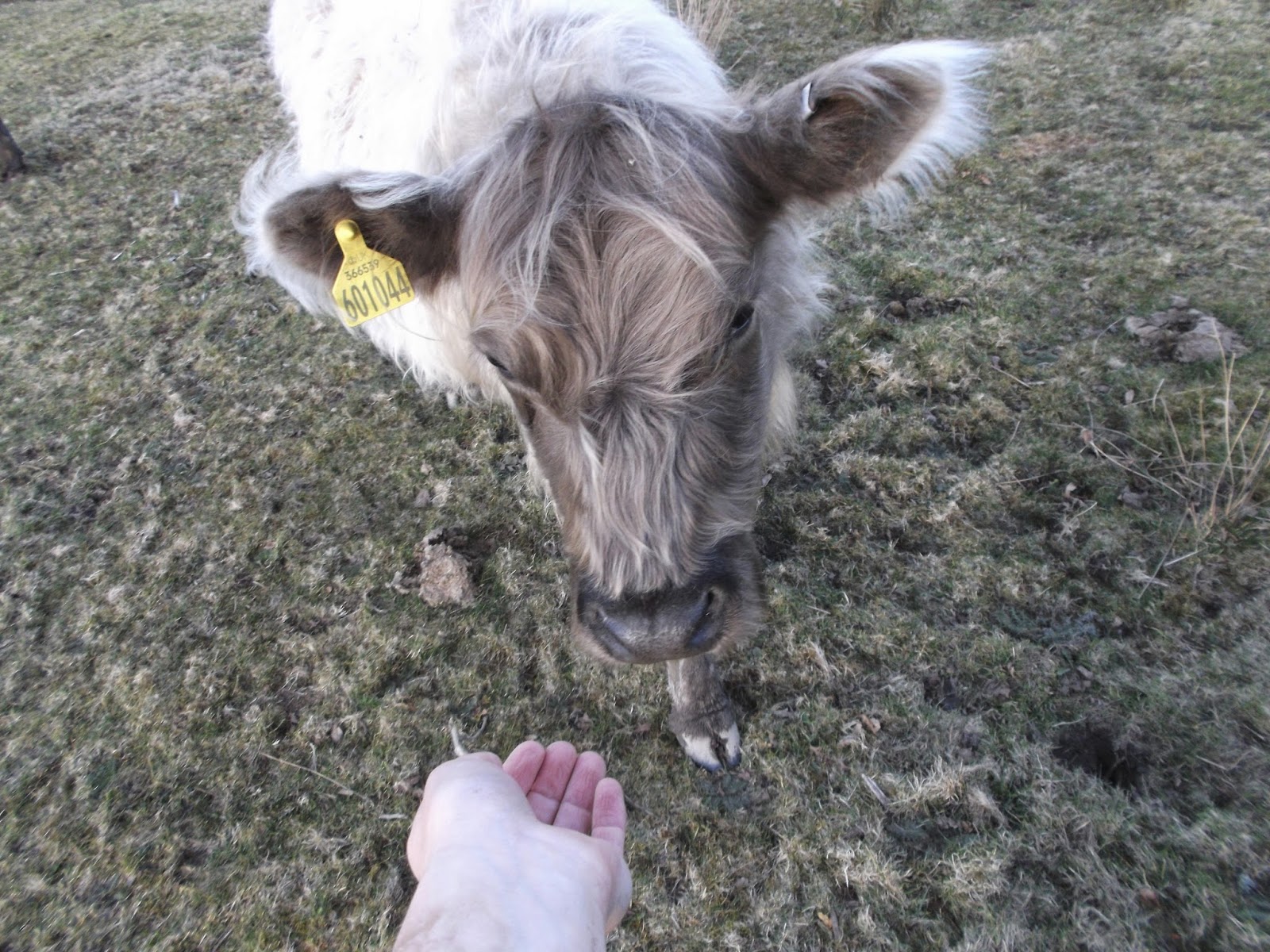Again, beauty is and
always has been about health. A
healthy mind, a healthy heart, a healthy body —that is true beauty.
The “optimum level” of
health is different for everyone, and is brought about by different means. Each
person needs to discover it for themselves.
But we all know the
basics —ease up on the sugar, caffeine, and alcohol, sleep a lot, drink lots of
good water, keep ingesting those veg, get plenty of exercise, avoid stress… How
easy it sounds!
It took me a long time
to learn that food is not an enemy, not out to ruin my life —it is actually my
friend. And good food is better than medicine.
Here are a few other
things that I have discovered about food and my own body— I speak only from my
own experience, but they might be helpful for others too!
~ Spinach is brilliant!
Yes, Popeye was right!
Dark greens are delicious – and work in everything, from breakfast shakes to
pasta sauce.
~ Fermented
Sauerkraut, kimchee,
beet kvass, kefir, kombucha —they all do wonders for the old (and, in my case,
very cranky) digestive system. And the complexion. And, like spinach, I’m
pretty sure they make me feel happier too.
~ Gluten brings gloom
If I eat bread, or
pasta, or even gravy with flour in it, not only do I feel sick physically (and
I mean sick), my brain goes weird. I
get really, really low.
I realize that this is
not true for everybody. Nevertheless, many people I know experience the same
thing, and there is a definite link between depression and
gluten intake.
~ Sugar is poison!
I eat sugar, and the
sun turns black.
Of course, I am
diabetic. It’s definitely poisonous to me, but again I’m inclined to think it
might be fairly poisonous for everybody else too.
It lowers the immune
system, it affects nutrient absorption, it brings gloom, and it causes spots.
~ Happy food
Like many people, I
cannot digest milk, eggs, or pork from supermarkets, but if they come from
organic farms, I am fine. It makes sense —if a cow, chicken, or pig is kept
on a grain diet, lives on cement, without much room to move, it is not going to
be happy. When we eat its produce, our bodies are not going to be happy either.
Eating as much produce
and vegetables from local farms and farmers’ markets is not only good for the
economy and the environment, it is the best thing we can do for ourselves.








